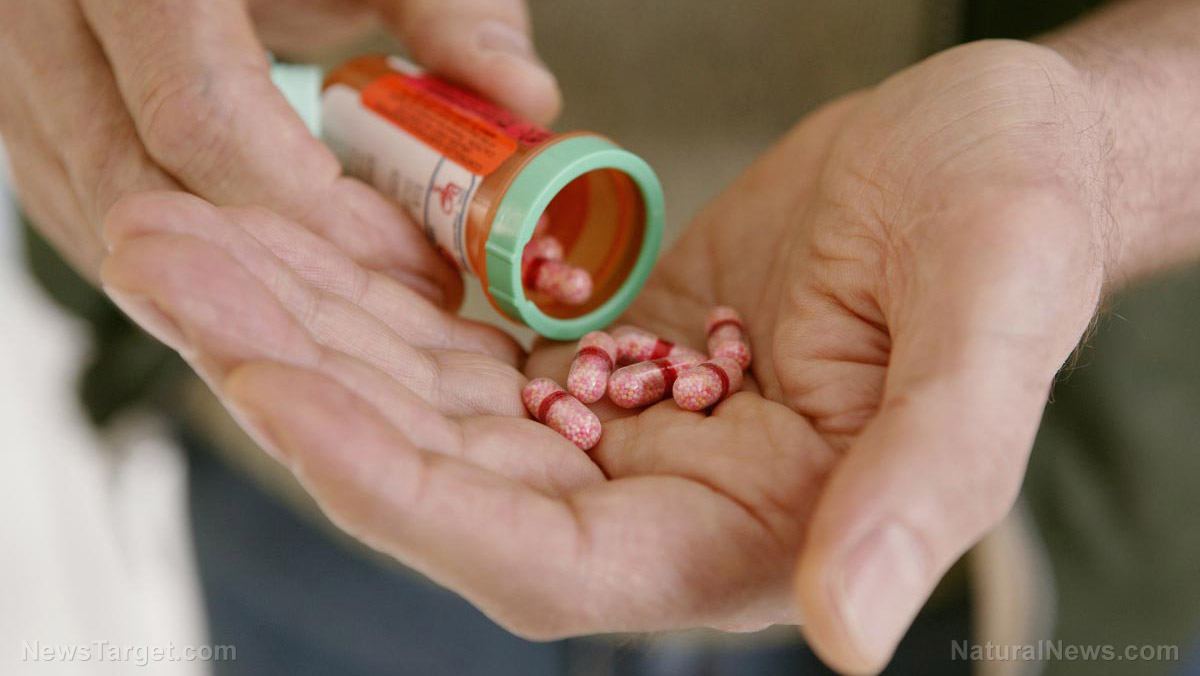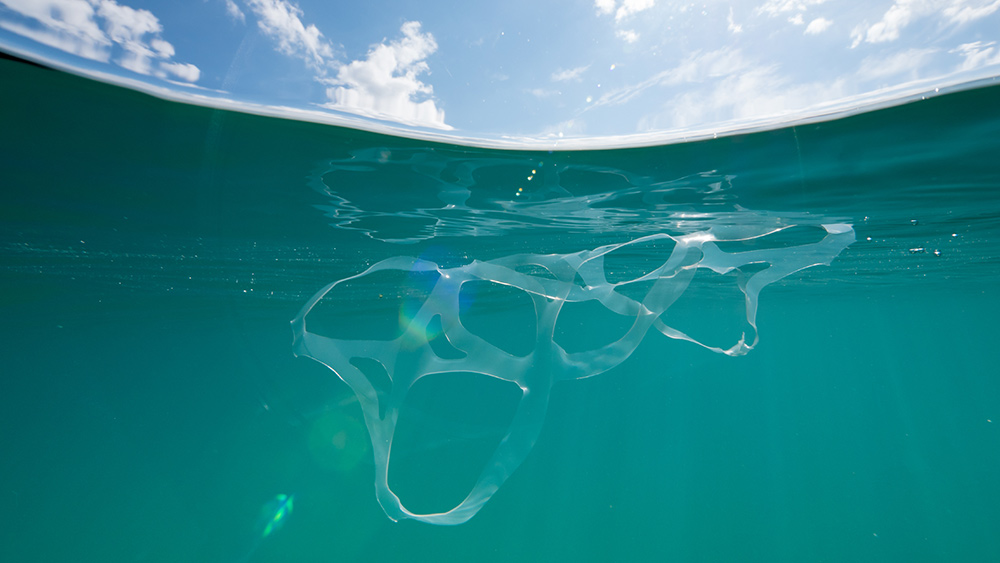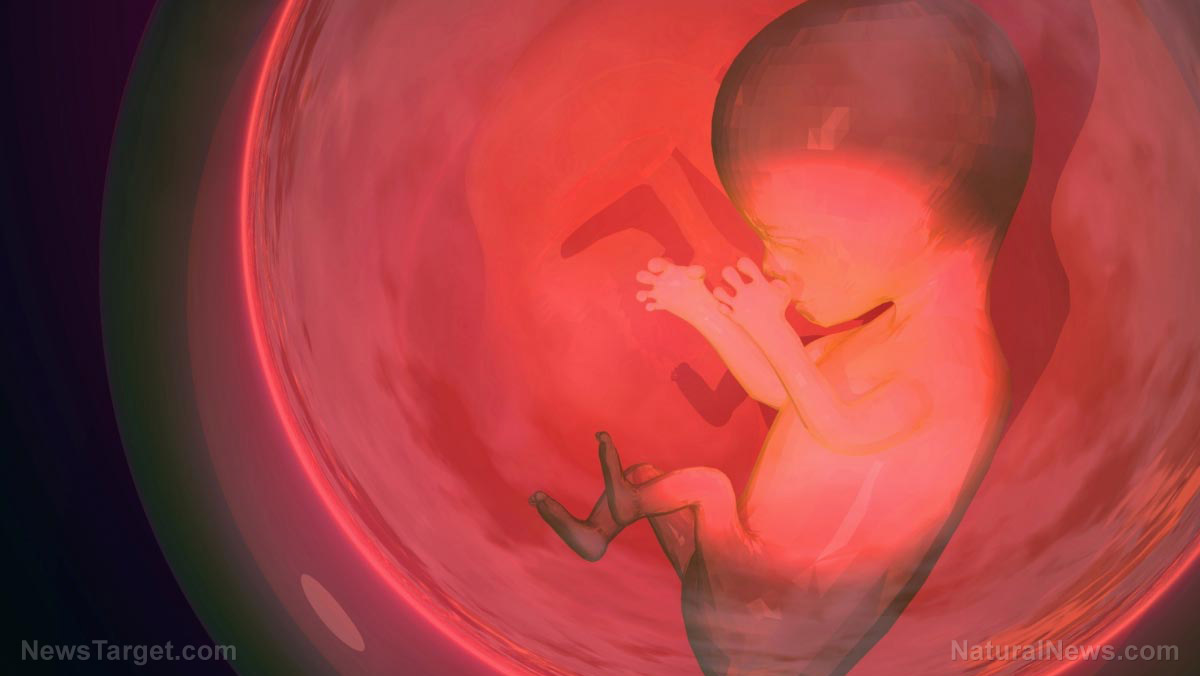 Parler
Parler Gab
Gab
Exposure to fluoxetine creates "drone-like" behavior in fish
Fluoxetine is now among the most-documented drugs contaminating waterways. Traces of fluoxetine typically get into water systems through the urine of people taking the antidepressant. (Related: Sea bilberry found to be an effective natural antidepressant.) The drug finds its way into the environment through water that pours from sewage treatment plants, many of which are rarely filtered. Previous studies have evaluated the effects of fluoxetine on different kinds of wildlife. But the findings of those studies were often based on averages taken from all members of a group. Such studies do not show how fluoxetine affects individual animals, which could have major implications for a group's survival. To that end, the researchers studied 3,600 guppies (Poecilia reticulata) captured from a creek in northeastern Australia for two years. The guppies and their offspring – as many as six generations – were placed into one three separate tanks for observation over two years. One tank had fresh water, one had water with fluoxetine at levels common in the wild and the other one had water with fluoxetine at higher levels similar to those found near sewage outflows. To test how fluoxetine affected the guppies, researchers placed them one at a time in a new tank. It had a dark patch in one corner to simulate a hiding spot that fish naturally seek out in the wild to avoid predators. Some of the guppies raised in fresh water darted about in the new tank while others did not, a key sign of behavioral difference. But many of the guppies exposed to fluoxetine were moderately active and showed little variation in their behaviors and the guppies raised in water with high level of fluoxetine acted like "zombies." "It's an enormous drop [in variability], something I have never seen before," said Polverino. However, the researchers observed that all guppies spent the same amount of time "hiding" in the dark patch in the corner of the new tank. Polverino speculated that the guppies' hiding behavior might be less sensitive to fluoxetine because hiding from predators is extremely crucial for survival. Nonetheless, the results still showed that exposure to fluoxetine significantly impacted behavioral variability among the guppies. Worse, the effects of fluoxetine persisted through multiple generations of guppies raised in the drug-tainted water. Polverino and his colleagues hope to continue their study to possibly uncover individual variation in traits, such as metabolism, survival or the number of offspring produced after exposure to fluoxetine. More research would be needed to see whether fluoxetine affects behavioral variability in other animals the same way it affected that of the guppies. Learn more about health and environmental risks linked to antidepressants at PsychDrugWatch.com. Sources include: DailyMail.co.uk RoyalSocietyPublishing.orgDeborah Birx hid covid info from Trump, altered CDC guidelines without approval
By Ethan Huff // Share
Germany’s birth rate improbably falls by 11% in the first quarter of 2022
By Lance D Johnson // Share
Governments continue to obscure COVID-19 vaccine data amid rising concerns over excess deaths
By patricklewis // Share
Tech giant Microsoft backs EXTINCTION with its support of carbon capture programs
By ramontomeydw // Share
Germany to resume arms exports to Israel despite repeated ceasefire violations
By isabelle // Share










